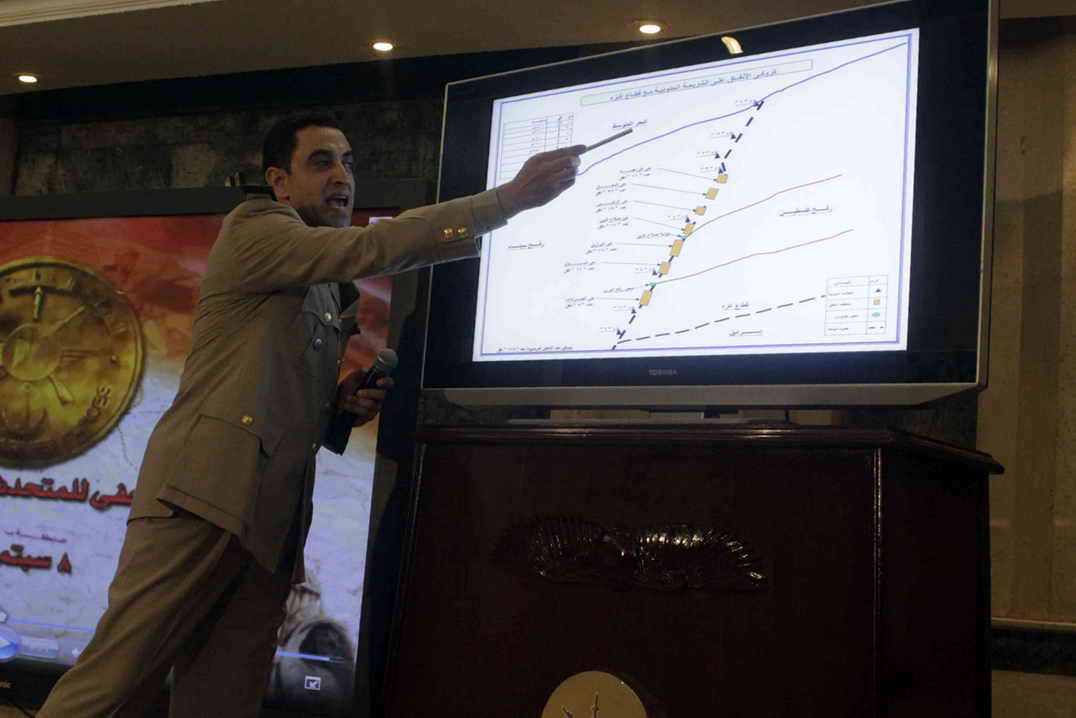
(AFP File Photo)
In partnership with Shell Egypt, Philips Egypt equipped Haqfet Elgallas village, in the western desert of Marsa Matruh, with solar lighting systems in houses, on streets and at other service establishments, Philips said in a statement on Monday.
Haqfet Elgallas, which was previously depending on gas-lit light bulbs, has become the first village to operate with solar lighting in Marsa Matruh governorate.
Under the auspices of Governor of Marsa Matruh, Badr Tantawy Al-Ghandour, Shell and Philips provided up to 15 houses, accommodating over 30 families, and one school with solar home-lighting systems.
Meanwhile, the partners also installed two solar light centres; one for a football field and the other will be used for street lighting.
“Both projects included the installation of eight-metre poles fixed in the ground to hoist four LED lights, which together consume less power than a single 60W light bulb,” the statement read.
Al-Ghandour said, that the initiative supports governorates and offers solutions to urban migration issue in Egypt.
“The governorate dedicates all its resources to assist such initiatives as they provide basic life needs for Matruh citizens, all while protecting the environment,” he added.
The solar lighting system initiative, which uses a new generation of solar powered LED lighting by Philips, aims at creating opportunities for social and economic activities in the village at night, Vice President and Country Chairman of Shell Egypt Jeroen Regtien said.
General Manager of Philips Tamer Abu El-Ghar said that such project will pave the way for future residential developments in Egypt.
The project is a part of the Light Center project adopted by Philips that “involves the installation of 100 light centres across rural Africa by 2015, with projects already inaugurated in Egypt, Morocco, Ghana, Kenya, and South Africa”.
Egypt’s ministries will depend on solar energy by establishing 25 solar energy stations on top of each ministerial building to “help convert thermal energy attained from the sun to electric energy,” former Minister of Electricity Ahmed Imam said in February.
The government also plans to produce 20% of the country’s energy through new and renewable energy by 2020, 12% of them will be generated using wind energy, according to Imam.



